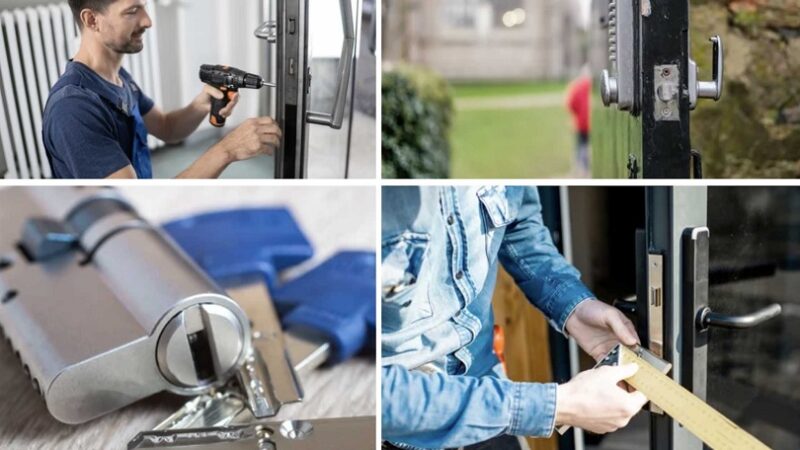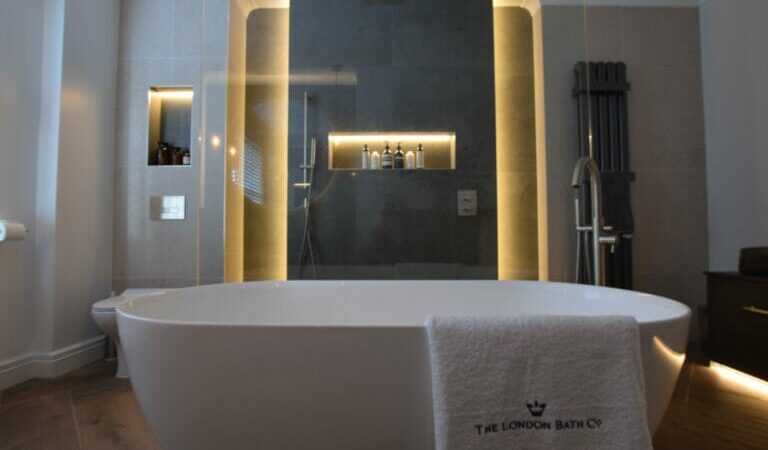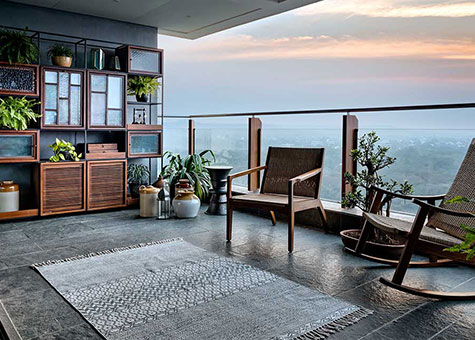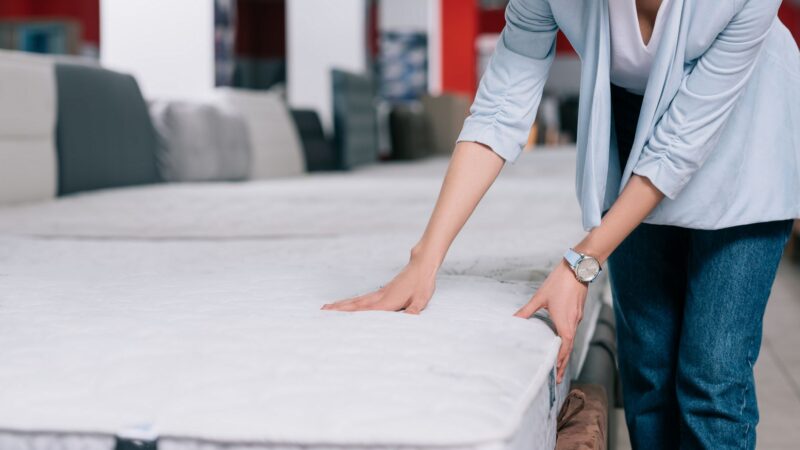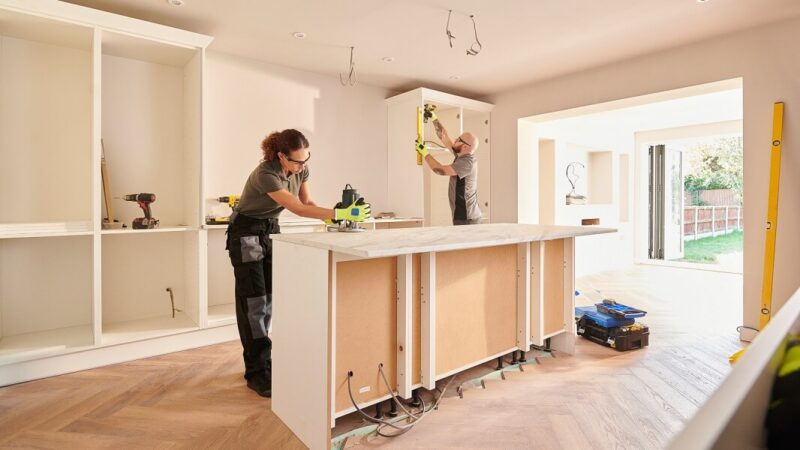Heat at home in summer: what to do?

LAST YEAR BROKE ALL TEMPERATURE RECORDS, BUT 2017 IS NOT GOING TO LAG BEHIND. ACCORDING TO THE FORECASTS OF THE WORLD METEOROLOGICAL ORGANIZATION, IT MAY BECOME THE WARMEST IN THE HISTORY OF OBSERVATIONS. WHAT TO DO IF THE APARTMENT IS VERY HOT IN THE SUMMER, AND HOW TO SURVIVE THE HEAT IN THE CITY? WE HAVE GATHERED ALL THE VALUABLE TIPS IN ONE LONG READER.
How heat affects the body
Physical discomfort from the heat is the lesser of evils. Worse, it can be harmful. The human body is sensitive to changes in the environment, and the possibilities of the thermoregulation system are not unlimited.
Heat leads to overheating of the body. The temperature of the skin rises, and the heat exchange of the body with the environment is significantly enhanced. Sweating becomes more intense; the water-salt balance in the body is disturbed. Because of this, the mucous membranes dry out, designed to prevent harmful microorganisms from entering the body, and the body’s defenses are reduced. Children are particularly prone to this process: their thermoregulation mechanism is not yet fully formed, and their body temperature rises faster in the heat. That is why, even in mid-July, babies can catch a cold infection.
Violation of the water-salt balance also depletes muscle tissue. They do not receive enough nutrition, their performance drops, and fatigue and discomfort appear.
On hot days, it will not be superfluous to help the body to balance, not to overload it and try to reduce the ambient temperature if possible.
How to cope with the heat in the apartment: household appliances
They say that if you focus and imagine something cold, you can feel the coolness. But if thoughts of ice cream and Everest do not affect you, we advise you to switch from the spiritual to the material and look for salvation among household climatic devices. They will help to normalize the temperature and humidity, decreasing, which during the heat can severely affect health.
Air conditioning
The most popular type of air conditioner in everyday life is a split wall system. It consists of two blocks – external and internal. Between them, Freon is continuously circulating. In the indoor unit of the air conditioner, Freon from a liquid state passes into a gaseous state and during the evaporation process takes heat from the air. Cooled air is fed back into the room, and Freon, heated from room air, enters the external unit.
Many modern split systems are equipped with an inverter, which allows you to change the heating and cooling power smoothly. Due to this, inverter air conditioners are quieter and, as a rule, more economical than usual.
Life experience says: under certain circumstances, an air conditioner can be cunning and, together with the desired coolness, can bring a sore throat, runny nose, and even an attack of radiculitis. To avoid this, it is necessary with all responsibility to approach the choice of the location of the device. The main thing is to exclude a person’s extended stay in the area where the stream of cold air is directly directed: this is about 2-3 meters from the device. In the bedroom, air conditioning is recommended to be hung above the head of the bed. So the recreation area will be protected from a direct hit by a stream of cold air.
When using an air conditioner, it must be remembered that it requires care and attention. If the filters are not changed regularly, by the instructions, then bacteria can multiply on them.
And one more critical point, which is often not known or forgotten. Air conditioning does not allow fresh air from the street. Therefore, you still have to ventilate the room, regardless of the temperature outside the window. In a clogged room, even with an air conditioner, a person will soon feel discomfort and lethargy.
Air conditioners that have appeared recently with an influx of air (we devoted a whole article to them ) do not eliminate the need to ventilate. They supply only about 30 m3 of fresh air per hour. Compare with a breather, a specialized ventilation device: its capacity reaches 160 m3 / h. This is enough to provide five people with fresh air. Also, the use of air conditioners with inflow is limited in the cold season. A breather can be used not only from June-July-August but all year round, thanks to the heating function. So it will be optimal to use two devices: instruct the breather to ventilate, and the air conditioner to cool.
Fan
A fan is a way to escape from the heat cheaply and cheerfully. Of course, if the room is sweltering, then the air conditioning will help out faster and more efficiently. But the fan is by no means without advantages. Reasonable price, ease of installation, lack of need for any maintenance and low power consumption – these are, in fact, the reasons that many, when answering the question “what to do if the house is hot?” Choose favor of a fan.
When choosing a fan, pay attention to the diameter of the propeller blades: the larger it is, the stronger the device will accelerate air. The most popular fans are floor fans. But if the room is small and there is nowhere to put such a fan, look for wall-mounted models. Ceiling fans can still be seen more often in catering establishments than with friends in the living room. But recently, they even gradually penetrate design projects.
Humidifier
No, the humidifier does not save from heat, in the sense that he cannot lower the air temperature. But when the weather is combined with dry air, the humidifier is strictly recommended for use. Maintaining average humidity at least at home, we allow the mucous membranes to rehabilitate their protective capabilities. True, it is essential not to overdo it: excessive moisture in the heat makes sweating difficult and, therefore, difficult to tolerate. Therefore, use a humidifier only in dry weather.
If it’s hot at home: household tips

There are several ways to make your life more comfortable in the heat without using individual appliances.
To prevent the hot sun from entering the rooms, close the windows with blackout curtains or blinds. An alternative way: to glue a reflective film on the window glass, which prevents the room from heating?
If possible, try to limit the time you use an electric or gas stove. Otherwise, the air will heat up even more. During the heat, you can try to abandon hot dishes and switch to fresh vegetables and fruits, especially since the appetite in the summer usually decrease.
Cold air is denser than hot air and goes down. Therefore, during abnormally warm weather, you can change the usual bed to a mattress on the floor – it is more relaxed.
The heat also torments pets, and, as a rule, they want to drink more often than usual. It is essential to ensure that there is always water in their feeder. But the meat or fish should not be left all day: in the heat of food quickly deteriorates. It is better to switch to dry food.
How to survive the heat in the city
Whatever oasis you have created in your apartment, sooner or later, you will have to leave it and go into the scorching heat. What to do in hot weather in the city?
The first step is to take care of the outfit: clothing in the heat should be light, it is better to give preference to natural materials, cotton, and linen. Synthetic clothing impedes heat transfer and prevents the evaporation of moisture, which is necessary for cooling the body.
Food in the heat should be given special attention. Dense high-calorie food is not the best choice, because excess energy to the body is useless. But spicy food, on the contrary, is indicated for use in the heat: it increases perspiration and promotes thermoregulation. Just remember to drink hot dishes with plenty of water to prevent dehydration. It is advisable to eat a little in the weather, but often – 5-6 times a day. It is better to refrain from alcohol and sweet carbonated drinks: all this provokes dehydration. Prefer water, plain or mineral.
As you can see, even the most mundane and familiar activities like eating take on their specifics when it’s hot outside. This also applies to sports: intense exercise increases heat transfer and can contribute to dehydration. Of course, if you are engaged in a gym with good air conditioning and ventilation system, nothing will change for you. Those who are used to training in the fresh air are worth considering several essential points. Try changing your workout routine: do it better in the early morning or late evening. For an hour and a half before training, it is recommended to drink 2-3 glasses of water to protect you from dehydration. It’s better to hide the head and shoulders under the headgear – so heatstroke or sunburn will not be scary.
These simple rules will help you survive the heat with comfort. Fortunately, abnormal weather in the UK is still a rarity, so you don’t have to endure it for a long time.

